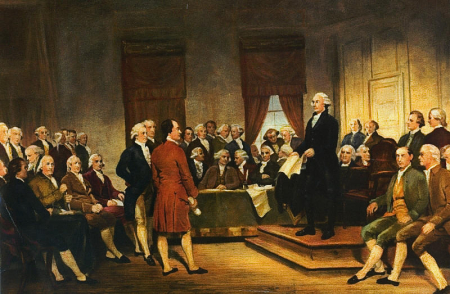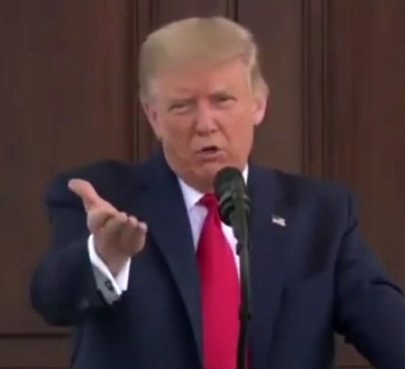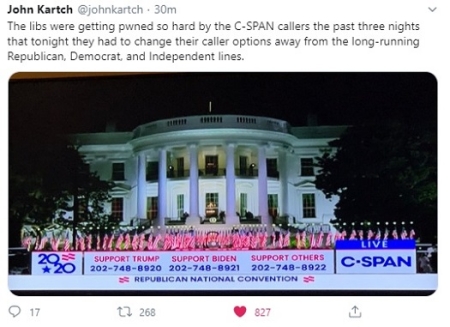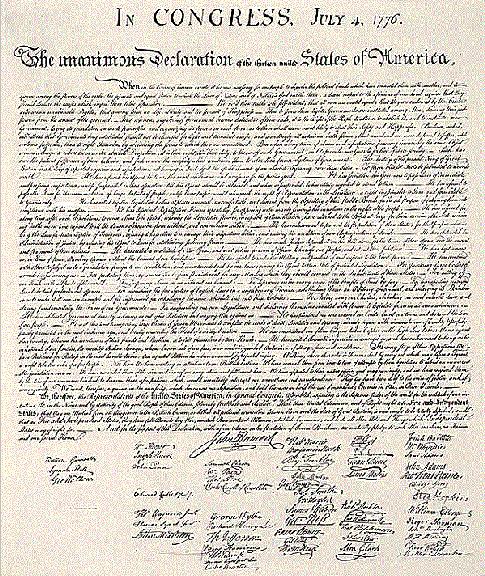Evidence found proving Georgia ballots were counted multiple times in 2020 election
The audit of 147,000 ballots in Fulton County, Georgia, has now found definitive proof that the same ballots were counted multiple times, thereby manufacturing fake votes.
The link takes you to a Twitter video showing examples of several absolutely identical ballots that were run through the tabulators multiple times to produced fake votes. The multiple scans were also done on the same tabulator, meaning it was likely done by the same person.
This proves that there was vote tampering in Fulton County. The investigation now has to determine who did it, which will be possible because the ballots show the tabulator used and when. Linking this to footage on security cameras will determine the perpetrator.
The audit also has to determine the extent of the fraud. One or two ballots tabulated twice is not significant. There is other evidence that suggests thousands of ballots were tabulated improperly and intentionally in this manner. If the audit demonstrates this, and calculates the number of votes involved, it could prove the election in Georgia was invalid.
At a minimum it proves that Georgia needs a complete overall of its election system, including a complete house-cleaning of all involved, especially in Fulton County.
UPDATE: Read this detail report on the new allegations and discoveries that point to outright fraud in the Georgia November 2020 vote tallies. It captures the whole story very nicely.
The audit of 147,000 ballots in Fulton County, Georgia, has now found definitive proof that the same ballots were counted multiple times, thereby manufacturing fake votes.
The link takes you to a Twitter video showing examples of several absolutely identical ballots that were run through the tabulators multiple times to produced fake votes. The multiple scans were also done on the same tabulator, meaning it was likely done by the same person.
This proves that there was vote tampering in Fulton County. The investigation now has to determine who did it, which will be possible because the ballots show the tabulator used and when. Linking this to footage on security cameras will determine the perpetrator.
The audit also has to determine the extent of the fraud. One or two ballots tabulated twice is not significant. There is other evidence that suggests thousands of ballots were tabulated improperly and intentionally in this manner. If the audit demonstrates this, and calculates the number of votes involved, it could prove the election in Georgia was invalid.
At a minimum it proves that Georgia needs a complete overall of its election system, including a complete house-cleaning of all involved, especially in Fulton County.
UPDATE: Read this detail report on the new allegations and discoveries that point to outright fraud in the Georgia November 2020 vote tallies. It captures the whole story very nicely.







